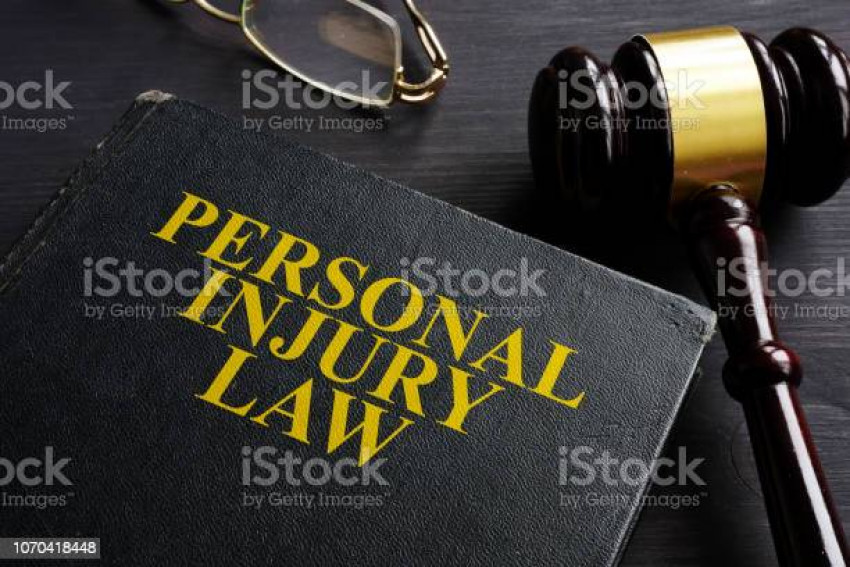
If you have been injured due to someone’s negligence or misconduct, you have the right to file a personal injury claim. In most personal injury cases, the perpetrator offers a settlement before the victim has the chance to file a lawsuit. If the offer is unsatisfactory or humiliating, taking the matter to court becomes necessary. Sometimes, a good offer is received after the lawsuit is filed, but a court date is yet to come. Almost 95% of personal injury claims are settled before trial, since litigation is utterly time-consuming and costly for both sides.
Settlement negotiation is a bit like buying something from an open market where bargaining is the key to obtain the best deal. How much an insurance adjuster is actually willing to pay and how little the plaintiff will agree to take is all guesswork. The insurer will go as low as they can, whereas the claimant may try to grab as much as possible. Sometimes, negotiation does not take more than a few days, if both sides are being reasonable and cooperative.
Unfortunately, the loyalty of insurance agents lies with their company, so they will do all it takes to avoid a payout. The only effective way to outsmart them is to work with Personal Injury Attorney in Sacramento, CA. Negotiation requires patience and persistence, so here’s what you need to do to make the best of your settlement:
1.Do not jump at the first offer
Most personal injury claimants are in a hurry to get financial compensation, and insurers take advantage of this. They will make an offer that only covers a small fraction of the damage, and hope that your desperation convinces you to take it. The first offer is basically a test to find out that how informed or gullible the plaintiff is. You should be suspicious when the insurance company wants to settle too quickly, and it is recommended to bide your time.
2.Come Prepared
If you want your claim to be successful, make sure that you possess all the supportive documentation. This primarily refers to your medical reports and treatment receipts. The severity of your injuries, as well as the cost and duration of treatment should be evident. You must also emphasize on emotional aspects of the injuries, such as pain and suffering, inability to work, loss of companionship, PTSD/depression, etc.
3.Establish a fair and specific amount
Your lawyer can help you determine the true worth of your personal injury. You might not be able to estimate the overall impact of injuries and full cost of recovery on your own. Many claimants do not take account of ongoing and future expenses of living with the injury. If you don’t have an exact figure it mind, the insurance adjuster maintains the upper hand during negotiations.
4.Demand justification for a low offer
If the insurance adjuster’s offer is much lower than your demand, it is your right to question it. You must ask the insurer to justify the minuscule amount just like they interrogate you about the injuries. A low offer is only acceptable if it represents the maximum coverage allowed by the perpetrator’s insurance policy.
5.Get the agreement in writing
Once you and the insurer agree on an amount to settle, insist on a written agreement. When you negotiate with an attorney, you don’t have to worry about the paperwork. The defendant may include particular terms and conditions in the settlement agreement, which should be clear to you at the time you sign the respective document. A written contract is all-binding; hence, neither party can go back on their word.


